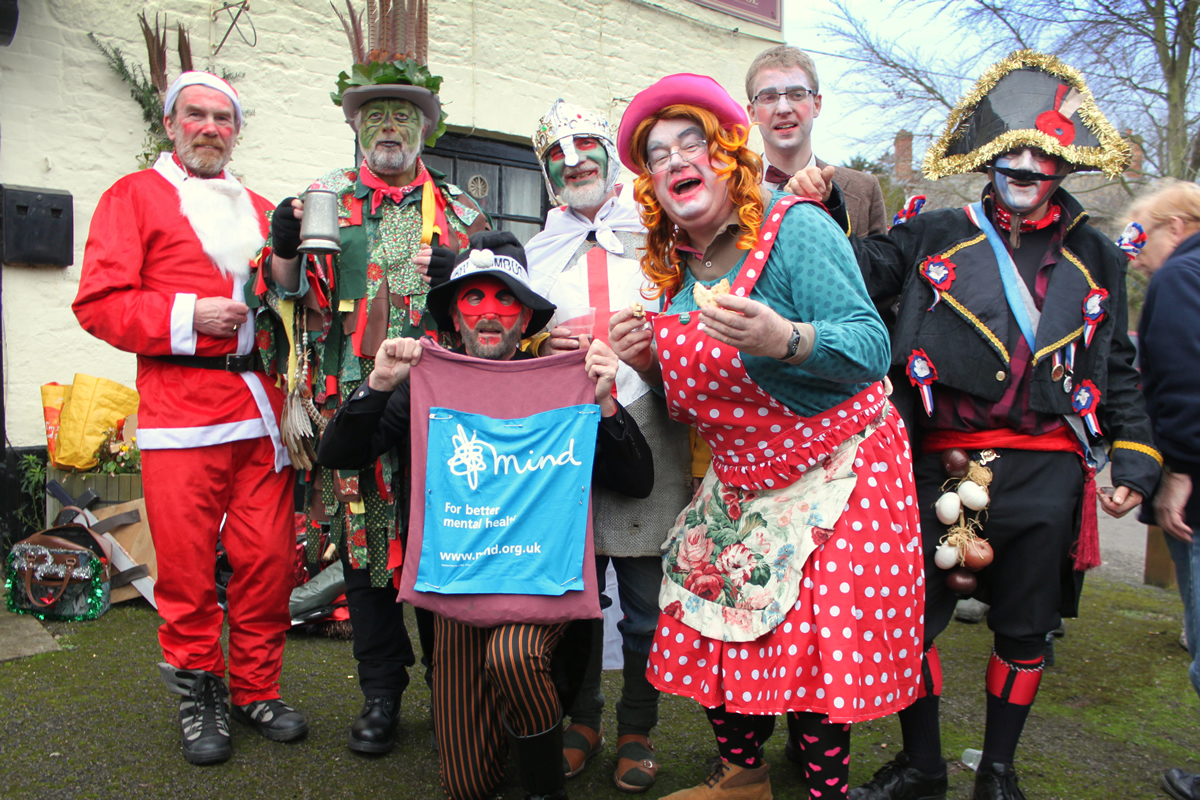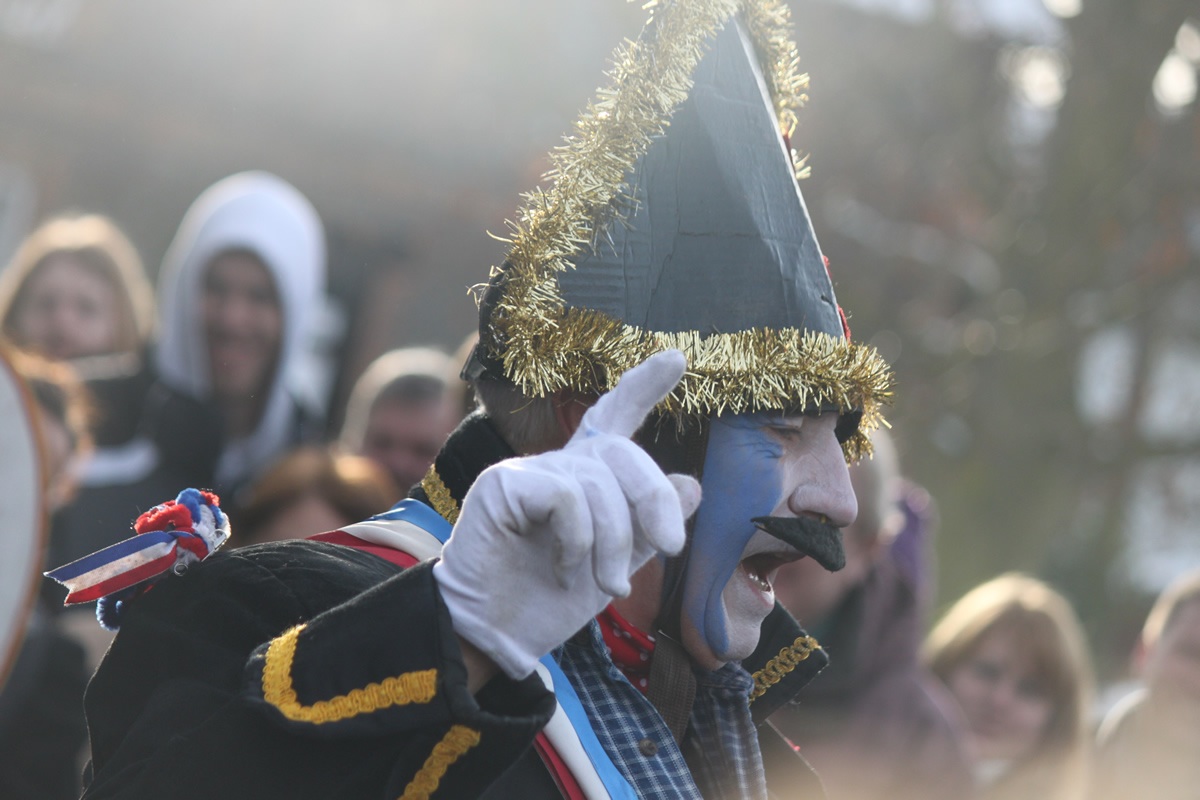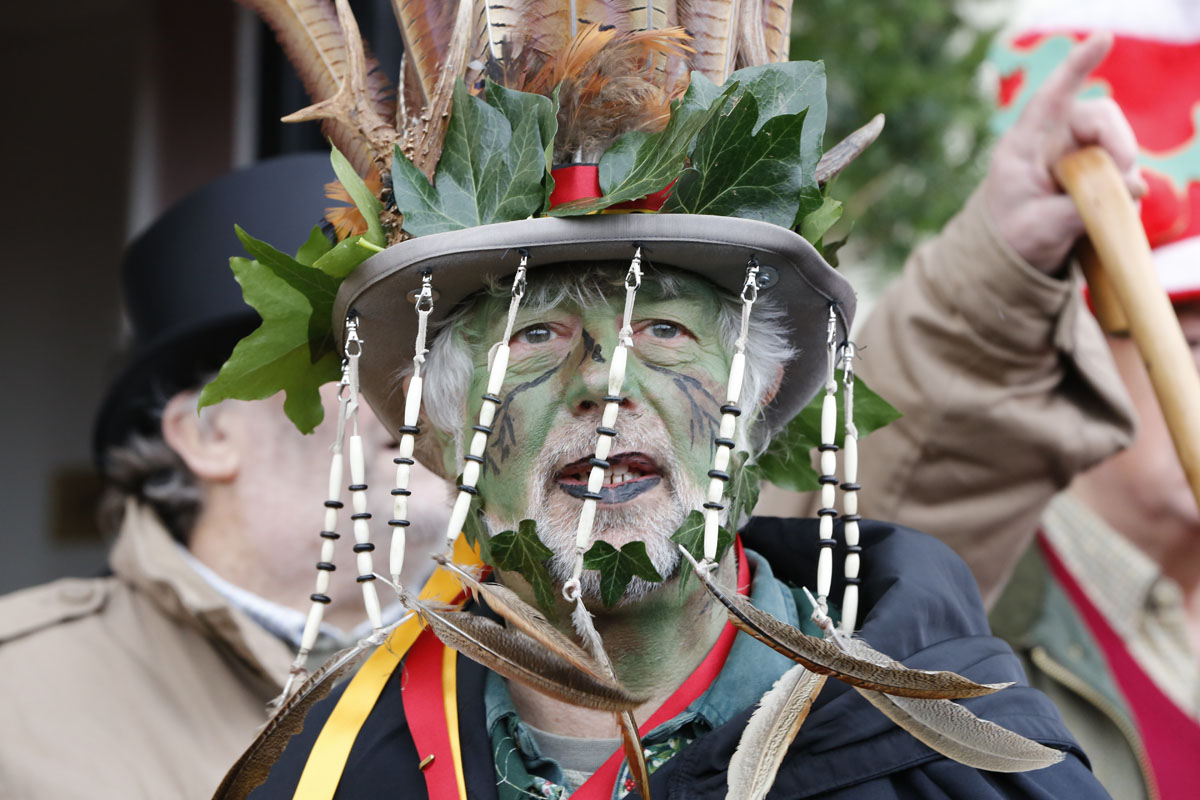Mummers Plays: What are they?
Mummers Plays, or Mumming (Momyng), are traditional, ritualistic performances with links to activities over 500 years old. They are traditionally associated with the Christmas period (Midwinter Solstice). In other parts of the country they are performed at Easter (Pace Egging) and at All Souls Day near Samhain (Soulers).
In the 20th C. mummers’ plays were thought to be survivors of our pagan, pre-Christian origins. This was largely due to the interpretation by the social anthropologist, Sir James Frazer. It is a view not supported by modern academic research. Travelling players in the Middle Ages performed “Miracle” or Mystery” plays illustrating scenes from the bible such as the Fall of Lucifer, the Creation and Fall of Man, Cain and Abel, Noah and the Flood, etc. but this was not mumming as we understand it.
The word 'Mummer' is derived from the old English word mum (meaning silent, i.e., miming) or the Old French word mom meaning masked or disguised. There is a similar word in German, for example a “mummerspiel” is a masked play. In their present form the plays probably date from the mid 18thC although nothing was often written down (as with most folk traditions). They were common in 18/19thC with numerous villages hosting a version of the standard format.
Maintaining the anonymity of the players is a key feature, as villagers thought it bad luck if they could identify a performer. Mummers have therefore always sought to conceal their identity either by masks, blacking their faces or covering themselves with strips of paper or rags and tall hats if theatrical costume was unaffordable. It is generally accepted that mummers were male.
Wantage Performance
We have performed the Wantage Mummers Play since its revival on Boxing Day (December 26th) 1975. The play is the mid-Berkshire version of the hero-combat type collected by Lt-Col. Barzillai Lowsley from Hampstead Norreys in Victorian times. A play of this type was performed in many of the villages around Wantage at Christmas time (Ardington, Lockinge, Hendred, Stanford, Uffington, Steventon, Brightwalton, Chaddleworth, Aston Tirrold, etc.). At one time, hundreds of villages across England had a mummers play to perform: in fact, all counties except Suffolk and Norfolk. Whilst strictly adhering to the “script” collected by Lowsley, the Wantage play has become famous for the ad lib action/sight gags, Greek chorus contributions and Auld Veyther Beelzebub’s Rhyme “to please you all”. The last traditional play performed in this area was in 1881 when it was staged for Lady Wantage at Lockinge House.
Useful References
The following are freely available:
- Old Father Beelzebub's complete account of our play, and its historical context, incorporating the latest thinking on the history and evolution of Mummers Plays (revised January 2023)..
- Presentation to the 2014 Mummers Unconvention
Other Useful Links
- The Icknield Way Morris Men sponsor the Wantage Mummers.
- Old Father Beelzebub’s Speech for 2025. Proceeds donated to this years' charity.
- The Wantage Mummers podcast: https://t.co/ZeG8r413mP
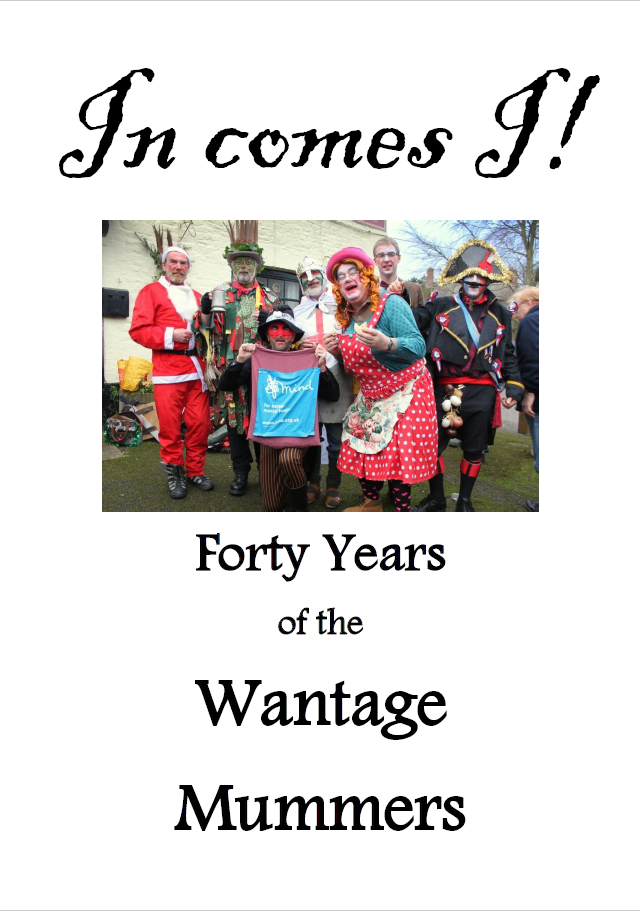
In Comes I: The history of the revival of the traditional Mummers Play from the Wantage area and 26 years of Old Father Beelzebub's Doggerel. (Paperback – 31 Mar. 2016) £10 (ex P&P) Proceeds donated to the charity supported for this year. Order Now! Two left of this first edition |
This Years’ Charity
CANCER RESEARCH UK
![]() For those wishing to support our charity donations but are unable to attend on the day, please go here:
For those wishing to support our charity donations but are unable to attend on the day, please go here:
https://www.wantagemummers.org.uk/wantage-mummers-2025-performance
or donate remotely here:

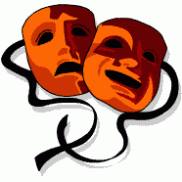
The Yew Tree
The Yew tree was considered sacred by the Druids, who believed it to represent an emblem of immortality. In view of the nature of Mummers Plays, we considered this an appropriate choice for our web site.
Taxol is a naturally occurring substance (a diterpene) found in the Yew tree. It inhibits cell division and it is this property that makes it the basis for the treatment of certain kinds of cancer.
www.cancerresearchuk.org
Donate:
https://www.wantagemummers.org.uk/wantage-mummers-2025-performance
Buy Old Father Beelzebubs 2025 speech:
https://shop.icknieldwaymorrismen.org.uk/wantage-mummers?product_id=51&limit=25
"40 years of the Wantage Mummers" Book:
https://shop.icknieldwaymorrismen.org.uk/in-comes-i-forty-years-of-the-wantage-mummers
Beelzebubs speeches since the book:
https://shop.icknieldwaymorrismen.org.uk/wantage-mummers
https://shop.icknieldwaymorrismen.org.uk/wantage-mummers?product_id=51&limit=25
Proceeds to Cancer Research UK!

